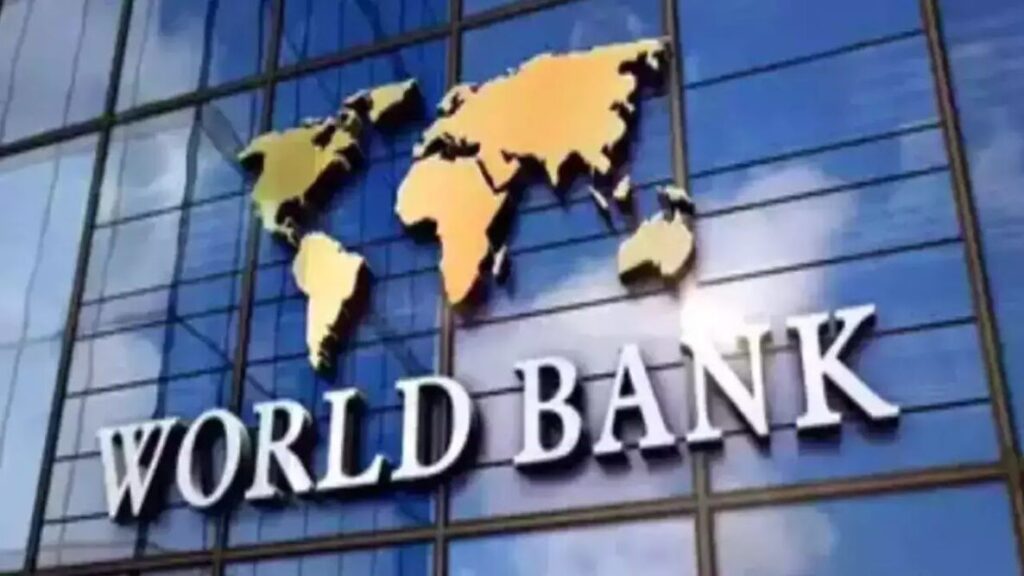The World Bank emphasises the impact of women’s participation on India’s GDP

According to Anna Bjerde, World Bank Managing Director (Operations), India could witness a significant GDP growth of 1 percent if it elevates female labour force participation to 50 percent. Bjerde made these remarks during her recent visit to Chennai to oversee World Bank-backed initiatives, including the ‘Thozhi’ working women’s hostel project in suburban Tambaram, developed in collaboration with the Tamil Nadu government and the private sector.
During her interaction with PTI, Bjerde underscored the importance of addressing women’s empowerment and providing equal opportunities. She highlighted the growing demand for initiatives like women’s hostels, which facilitate women’s pursuit of education and employment in fields like IT and manufacturing.
Bjerde reiterated the World Bank’s commitment to supporting women’s development programmes, particularly in urban areas, emphasising the need for successful models that enhance female labour force participation. She expressed interest in replicating the working women’s hostel model in other countries with similar demographic and social characteristics, particularly in Africa, South Asia, and Southeast Asia.
Emphasising the role of public-private partnerships, Bjerde stressed that such collaborations foster innovation and efficiency. She noted India’s expertise in implementing such models and highlighted their relevance for countries aiming to boost female workforce participation amid urbanisation and housing needs.
In response to inquiries about the focus on working women’s hostels, Bjerde explained that despite women constituting 50 percent of the global population, their participation in the economy remains disproportionately low. She cited India as a prime example, where increasing female labour force participation could significantly impact GDP growth.
Bjerde’s insights underscore the broader implications of gender equality and women’s empowerment for economic development, highlighting the imperative for concerted efforts to enhance female participation in the workforce and leverage its potential contribution to national economies, particularly in countries like India.
